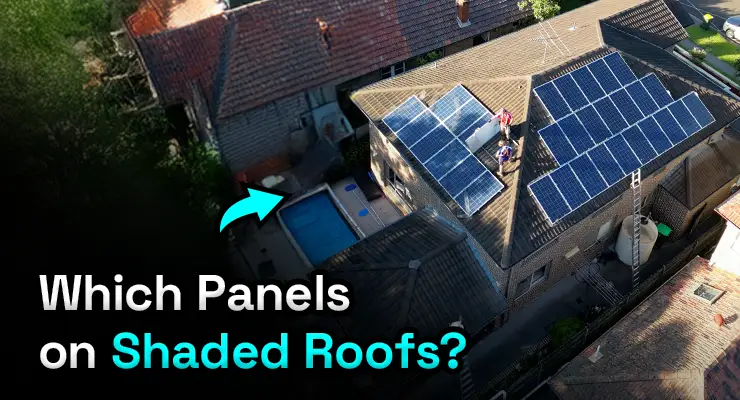Fast read
Without supply from China, the Australian solar industry would face substantial challenges. China dominates the solar panel manufacturing process, accounting for approximately 85% of global capacity.
A halt in supply would create a shortage of panels in the Australian market, leading to higher prices and installation delays. In the short term, a limited panel supply would cause tight market conditions and increase solar panel costs by at least 50%. However, this could drive the development of domestic solar panel manufacturing, promoting self-sufficiency and stimulating research into more efficient solar systems.
Nevertheless, matching the low prices offered by Chinese manufacturers would remain difficult, potentially resulting in a slowdown and job losses in the solar market. Despite the challenges, some may view the change as positive, given concerns over the quality of Chinese panels and unscrupulous practices. The industry, being global, could eventually adapt and find alternative solutions.
How will the solar industry change if China stops selling solar?
It is unlikely that China will stop selling solar panels to Australia. China manufactures most solar panels representing approximately.
As such, if China were to stop selling solar panels to Australia, this would have a significant impact on the solar market in Australia and would be likely to lead to a considerable increase in the price of solar panels as the market tries to fill supply from other countries with manufacturing capacity.
Short-term effect
As the industry adjusts to alternative sources, there may be a need for more solar modules and inverters on the market at first. This could result in higher prices and delays in installations.
In the short term, this would see a very tight supply of panels and create significant delays in installing solar panel systems. The solar panels manufactured outside of China go to markets such as the USA and Europe, which can pay prices up to 30% higher than those paid in Australia, so the fees and costs of accessing products must be competitive.
This would add further upward pressure on panel pricing from this limited capacity. As such, the cost of solar panels would likely increase by at least 50% in the short to medium term.
Could we see domestic manufacturing?
The recent disruptions in supply chains could lead to more solar panels and inverters being made in Australia. This is a chance for local businesses to grow and for Australia to rely more on its own renewable energy production.
With products from overseas becoming harder to get, making solar panels and inverters here makes sense. It helps our local businesses and makes sure we have what we need for clean energy.
This situation might also encourage more investment in Australian research to improve solar technology. This could lead to better and cheaper solar panel systems that work well in Australia.
So, by making more solar products here and investing in research, Australia can become a leader in renewable energy. This creates jobs, helps our economy, and moves us towards cleaner energy.

What would happen to the price?
Given the time for the market to adjust and for added production capacity to be developed by the non-Chinese manufacturers, we could expect that prices would likely start to reduce after two years or so. Getting to the prices that Chinese manufacturers can offer is unlikely.
With the higher costs of solar panels, it’s likely that fewer people will buy them. This could slow down the growth of the solar industry. As a result, companies might not need as many workers, leading to job losses across the solar sector. This slowdown could affect installers, manufacturers, and other workers in the industry, putting their jobs at risk.
Would there be any positives?
There would be part of the industry that would see the end of Chinese solar panels as a positive because the panels have sometimes been seen to be of lower quality, and the lower pricing has been more beneficial to dodgy solar installers and practices. As such, shifting to higher panel costs and premium prices would make it less attractive for solar scammers to stay in the market and lead to a fairer quality market for solar overall.
It is also critical to remember that the solar industry is global. While disruption in the supply chain from a large manufacturer such as China may cause temporary issues, the sector can adapt and find alternate solutions.
So what happens if China stops selling solar?
Without solar panels from China, the solar industry in Australia could face challenges. Prices for solar panels might go up a lot in the short term, which could slow down installations and lead to job losses. It could take a couple of years for prices to start coming down again as the market adjusts.
However, this situation could also push Australia to make more solar panels here and invest in better technology. This could create jobs and help our economy, making Australia more self-reliant on renewable energy.
Some people might see this change as a good thing because it could mean better quality solar panels and less room for dishonest practices in the industry.
While the renewable energy industry may face temporary issues without China’s supply, it’s a global industry that can adapt. With time, the industry can find new ways to meet demand and keep growing.
In summary, while there could be challenges without solar panels from China, it could also be an opportunity for Australia to strengthen its solar industry and move towards cleaner energy.



